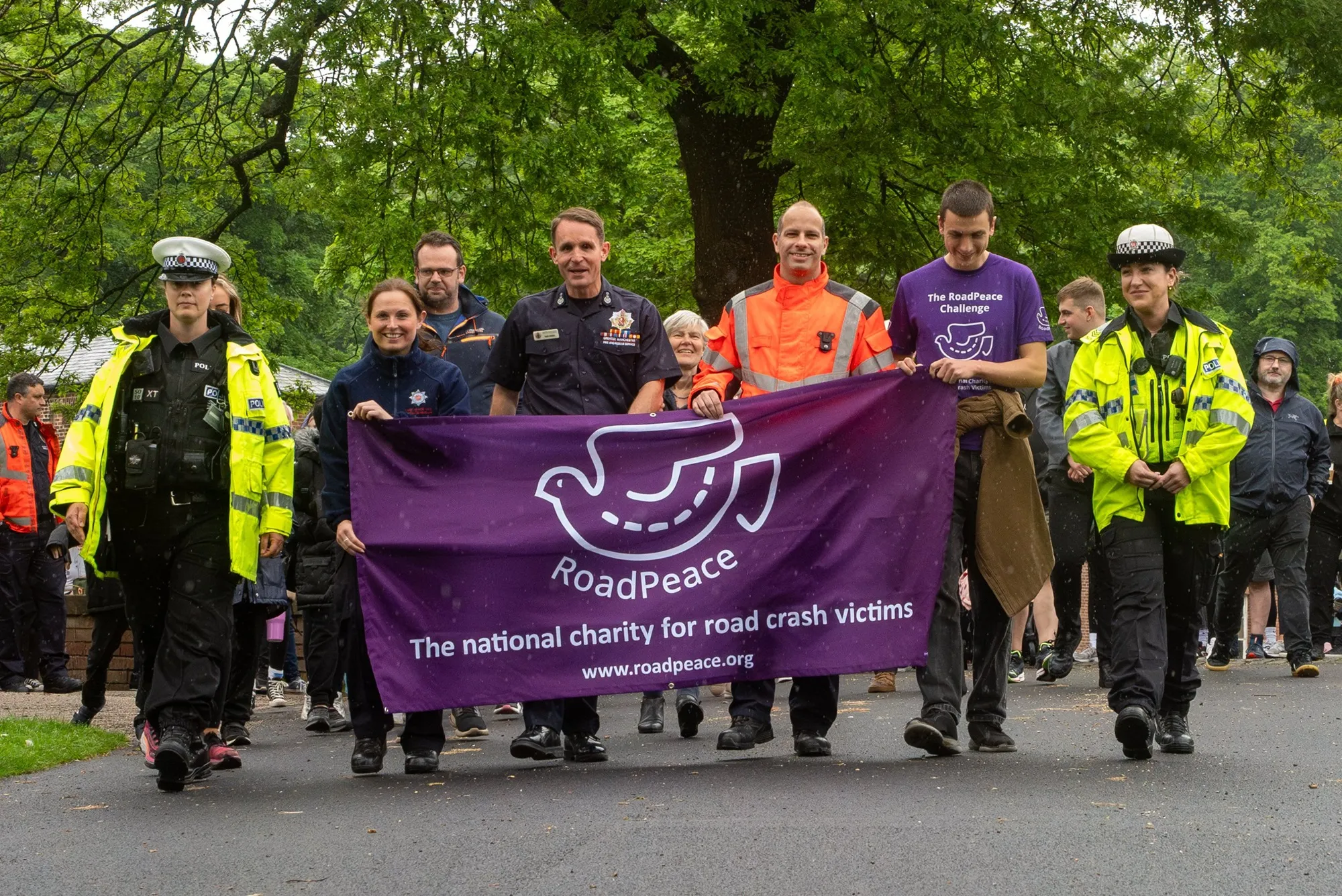Upon the current barriers to implementing the technology, 42% said that the most significant obstacle is due to the lack of available budgets for highways projects combined with government constraints on infrastructure spending. In addition, 32% felt unwillingness to change and aversion to risk were key challenges.
The results suggest that these factors could put the pace of innovation within the highways industry at risk over the next five years. One in 10 highways professionals are still not planning to invest in road safety innovations over this period despite initiatives such as the Government’s Road Investment Strategy, which aims to ‘help prevent over 2,500 deaths or serious injuries on the network’ by 2020.
Nick Lanigan, managing director, CI, said: “Direct from the Highways UK event, this research proves that, against the backdrop of financial restraints and the sector’s general risk aversion, the highways industry acknowledges the need for innovative solutions to our road safety challenges - both today and into the future.
“Whether you're from
Clearview Intelligence: The UK failing to embrace innovation to tackle road safety
60.3% of the 2,000 road safety professionals who attended the premier highway event at Highways UK revealed in a survey that new technologies and road safety innovations are vital to improving driver behaviour and road safety. However, 44% of the attendees are not adopting new road safety innovations today, according to the latest research conducted by Clearview Intelligence (CI).
November 10, 2017
Read time: 2 mins
60.3% of the 2,000 road safety professionals who attended the premier highway event at 8268 Highways UK revealed in a survey that new technologies and road safety innovations are vital to improving driver behaviour and road safety. However, 44% of the attendees are not adopting new road safety innovations today, according to the latest research conducted by Clearview Intelligence (CI).









